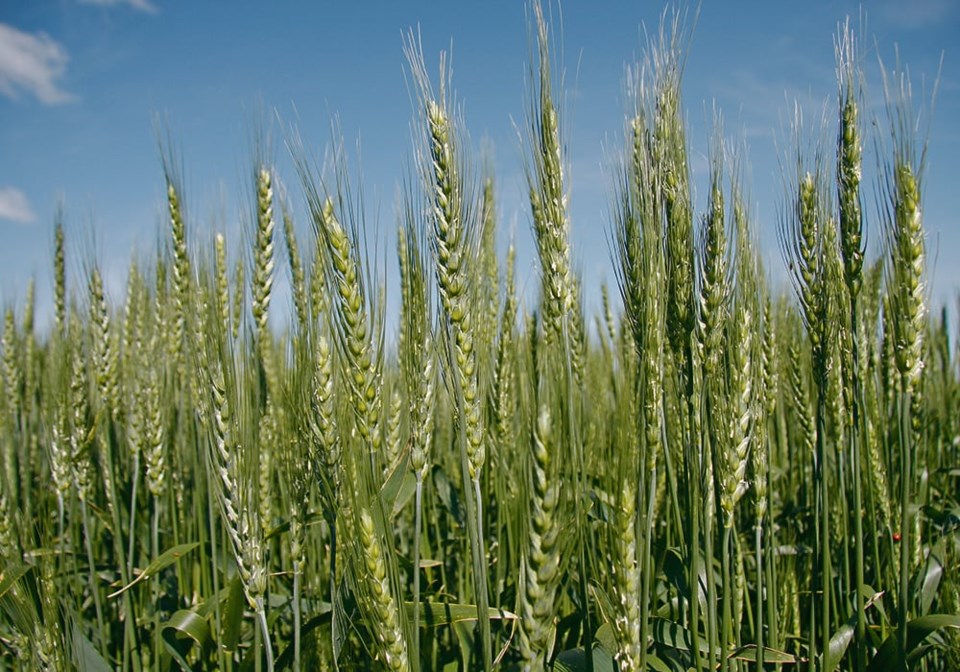WESTERN PRODUCER – Future Canadian wheat research will be supported by more than $20 million, following back-to-back commitments from the federal government and wheat farm groups.
On March 6, Agriculture Canada announced $11.2 million for the Canadian National Wheat Cluster via the Sustainable Canadian Agricultural Partnership.
Similar investments have been announced for the canola, pork and pulse sectors since late 2023.
The wheat funds echoed the sustainability focus of previous announcements. Wheat cluster funding will focus on genomic practices to reduce greenhouse gas emissions, speed variety development and “increase wheat production resilience in response to evolving threats like pests and diseases associated with climate change,” said a March 6 release.
Federal funds will be joined by more than $9.3 million from the Manitoba Crop Alliance, Sask Wheat, Alberta Grains, the Western Grains Research Foundation and the Canadian Field Crop Research Alliance.
The cluster will be administered through the Canadian Wheat Research Coalition, a collaborative entity comprising the Manitoba Crop Alliance, Sask Wheat and Alberta Grains.
“Canadian wheat has a global reputation as a high-quality product that few countries can match,” wrote CWRC chair Jake Leguee in the Agriculture Canada release.
“Our reputation would not be possible without research funding from wheat producers and the Government of Canada, which allows our talented plant breeders and scientists to create improved varieties and agronomic practices to address problems like drought, diseases and insects.
“This funding will bring greater sustainability to our industry while positively impacting the environment and economy.”
In a separate news release from the Manitoba Crop Alliance, Leguee said investment in the cluster will help maintain wheat’s profitability and increase grain quality and yield while also helping producers weather drought and agronomic issues.
“Farmers have been practicing minimum tillage and nutrient stewardship for decades, and the activities funded under this will enhance those practices, allowing farmers to contribute further to the Government of Canada’s climate targets,” he said.
Lori-Ann Kaminski, CWRC president and research manager for the Manitoba Crop Alliance, noted the importance of a robust research network.
“In the previous wheat cluster, we made great strides toward innovations that will provide tangible benefits to Canadian wheat farmers for many years to come,” she wrote in a release.
“I am confident the new cluster will be another triumph of teamwork across the wheat value chain.”




